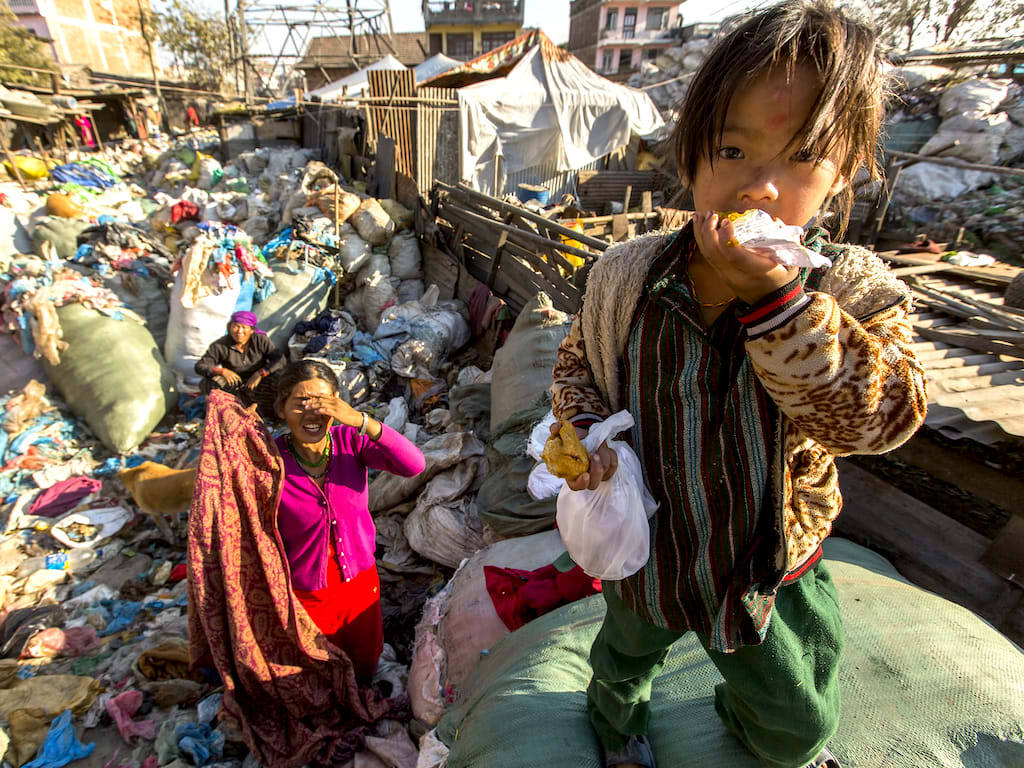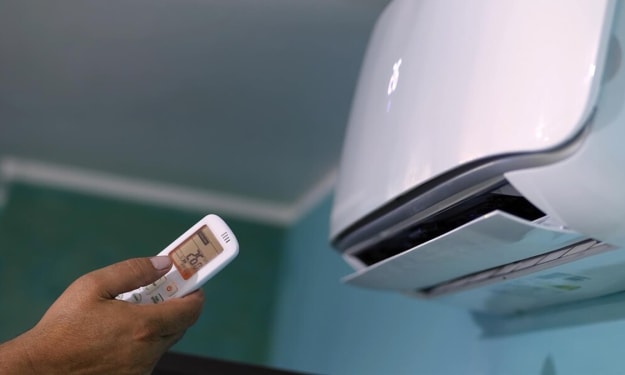The Hidden Crisis: Reimagining a World Without Poverty
Unveiling the Depths of Inequality and the Urgent Need for Radical Change

According to recent data, around 10 percent of people worldwide live in extreme poverty, struggling to survive on less than $2 a day. But the reality is even more harrowing: roughly half of the world's population lives on less than $5 a day. This shocking statistic forces us to question whether the figures we are given truly reflect the depth of poverty, or if they are being manipulated to mask the dire situation.
Imagine nearly 4 billion people living in constant struggle, barely getting by on so little. The current economic system is clearly failing them. It's time for a radical change. We must ask ourselves: is it justifiable to spend so much on weapons when so many people are suffering?
We need to challenge the status quo and think about creating a new economic system that prioritizes people over profits. The current system was created by individuals who are no longer here, and it no longer serves the needs of today’s world. We need a system that is fair and compassionate, one that ensures everyone can live with dignity and hope.
Sadly, many official institutions seem to lack real solutions. They often point fingers at a lack of education or claim that people simply can’t rise out of poverty on their own. But every human being deserves a fulfilling life, regardless of their educational background. It is painfully clear that the system itself is unjust.
It’s time for institutions to stop the empty rhetoric and start taking concrete actions to address poverty and inequality. We must demand change and work together to build a world where everyone has the opportunity to thrive. The stakes are too high to ignore.
Imagine an economic system rooted in fairness and sustainability, one that ensures everyone has access to food, housing, healthcare, and education. We could explore new models where resources are shared rather than hoarded, creating a world where wealth is distributed more equitably. These changes could transform our world into a place of solidarity and common well-being.
However, implementing these radical changes will require not just political will, but also the active participation of ordinary people like you and me. We need to engage in debates, demand action from our leaders, and push for a more equitable and sustainable approach to managing resources. Only through collective effort and a strong commitment to change can we build a fairer, more prosperous world for all.
The possibility of creating a new system also requires breaking our mental barriers and accepting new possibilities that may seem very strange. Perhaps it is better to consider radical changes instead of postponing everything for agendas of 2050 or 2060. Imagine that new economic or resource distribution systems could be based on principles of equity and sustainability. We could adopt models that prioritize the basic needs of all individuals, ensuring equitable access to food, housing, healthcare, and education. We could also explore systems based on collaborative economy and resource sharing, rather than wealth accumulation. These systems could promote a more equitable distribution of wealth and foster solidarity and common well-being.
The key to implementing these radical changes may lie in political will and active participation of civil society. It is necessary for people to engage in debate and policy formulation, demanding a more equitable and sustainable approach to resource management and the economy. Only through collective effort and a commitment to change can we build a fairer and more prosperous world for all.
Your thoughts and ideas are crucial in envisioning a future where equity and sustainability are at the forefront of our economic and social systems. How do you imagine new systems of resource distribution working? What radical changes do you think are necessary to create a fairer world? Share your perspectives, and let's collaborate to build a better future for all.
Addressing global poverty and inequality requires more than just policy changes and economic reforms; it demands a fundamental shift in our collective mindset. We must recognize the inherent worth and dignity of every human being and commit to building systems that reflect these values. By fostering a culture of empathy, solidarity, and shared responsibility, we can create a world where everyone has the opportunity to live a fulfilling and prosperous life.
The journey towards a fairer world won't be easy, but it is necessary. We must challenge deeply entrenched systems of power and privilege, and be willing to embrace innovative solutions that prioritize human well-being over profit. As we move forward, let us remember that the fight against poverty and inequality is not just an economic or political battle, but a moral imperative. We owe it to ourselves and future generations to create a world where every person can thrive.
About the Creator
Victor VinaHell
Hello! I'm Victor, an artist dedicated to sharing eco-information and some other random stuff! Through my articles, I aim to inspire and empower you to make changes that create a big impact on our planet. We can build a better world!
Enjoyed the story? Support the Creator.
Subscribe for free to receive all their stories in your feed. You could also pledge your support or give them a one-off tip, letting them know you appreciate their work.






Comments (1)
Your writing is thought-provoking and inspiring. Thank you for sharing.